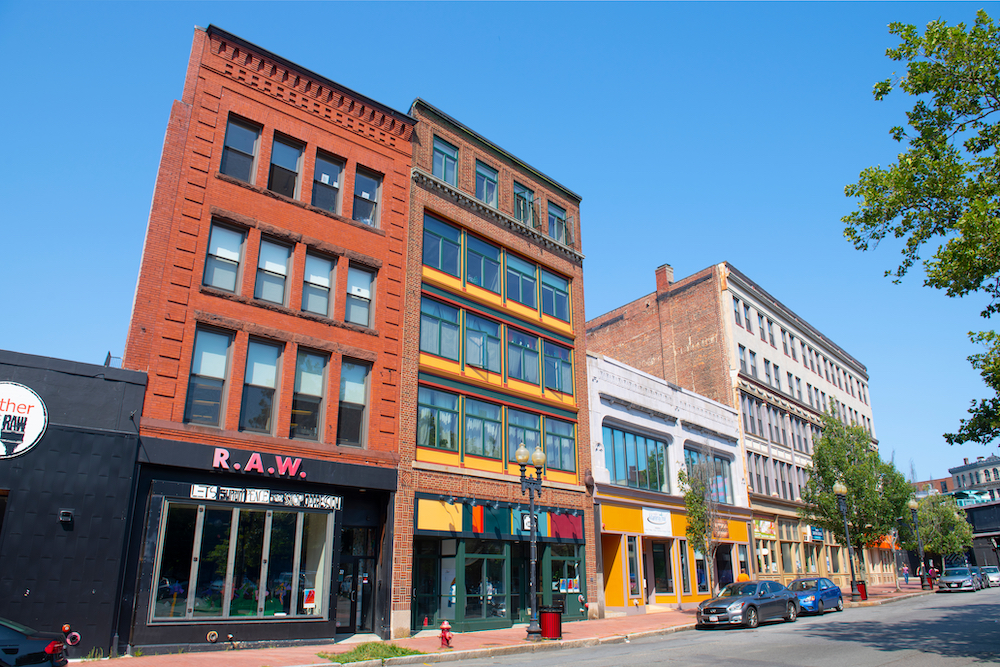With the statewide eviction and foreclosure moratorium meeting its expiration date this week, policymakers and activists alike will spend much of the coming weeks thinking about how to keep housing secure for Massachusetts residents facing financial burdens from the pandemic. While the goal at hand is making sure dwellers can stay in their homes during these rocky times, in some Gateway Cities, there weren’t nearly enough low- and moderate-income accessible housing options before the pandemic.
This is especially true in Lynn, where a 2016 study commissioned by the city showed just one subsidized unit for every 4.4 low and moderate income households. Jeff Weeden, manager of Lynn Housing and Neighborhood Development (LHAND) told Tracy that the reason behind the imbalance of market-rate and affordable housing began in the early 2000s when there was a push for market-rate development in Gateway City business districts that continued up until the recession. The economic downturn, Weeden recalls, “showed a problem that affordable housing needed to keep up with that market-rate housing push as well.”
Even as recently as the last year, however, many Lynn residents and community organizers have found the city’s development strategy to be seriously flawed. Isaac Hodes is the director of the volunteer community organization Lynn United For Change. He sees too much emphasis being put on developing luxury buildings that don’t cater to the residents currently living in Lynn and instead are built to attract a whiter, wealthier demographic.
Hodes mentioned one project in particular, a 10-story tower in the middle of downtown. “There’s a lot of fear that beyond the immediate impacts, the indirect impact of that project is going to boost rents in the area dramatically displace people who already live there.”
For decades, planning for the city of Lynn was handled by a patchwork of community organizations, which made it difficult for the city to work toward a cohesive vision. A city of Lynn’s size normally employs an official planner. Just this March, the city hired a Principal Planner in Aaron Clausen, who aims to not only increase housing supply in a balanced manner, but open up a dialogue between public agencies and the community. “There’s a deep need to ratchet up the amount of transparency in policy development, public engagement.”
The city, in partnership with the Metropolitan Area Planning Council (MAPC), is currently moving forward with a cohesive Housing Production Plan that will, according to its outline, establish strategies to expand and diversify Lynn’s housing stock so that it meets current and future needs of Lynners.
Listen to the full episode:
